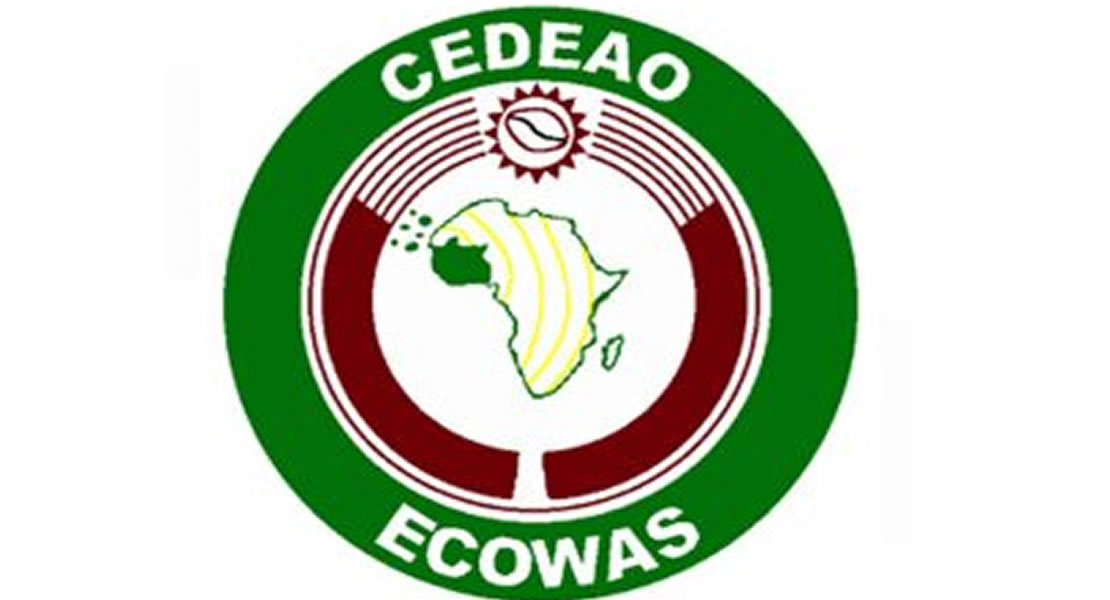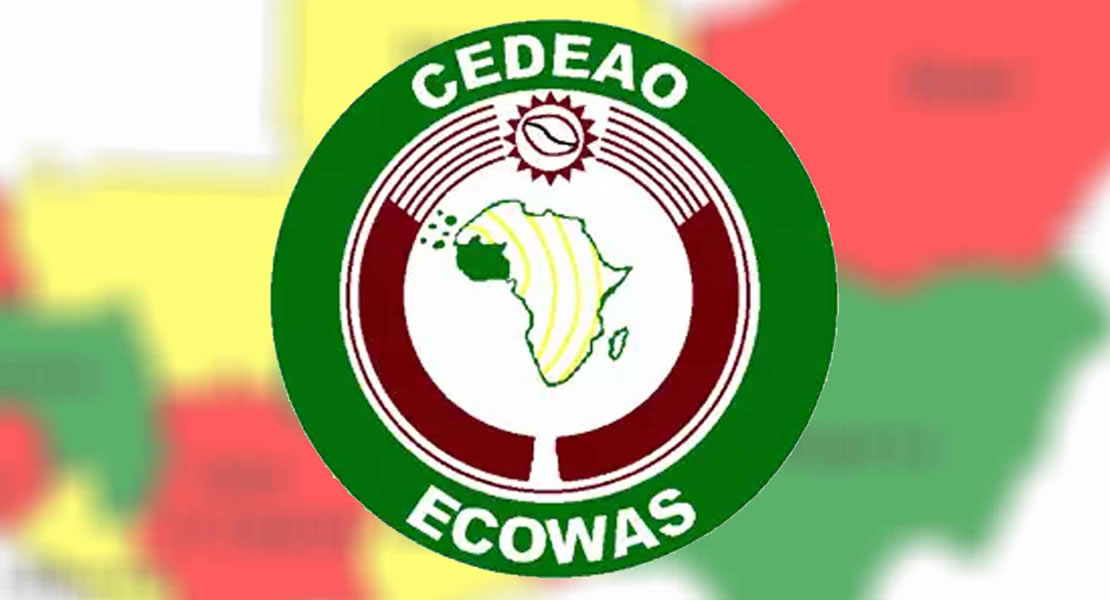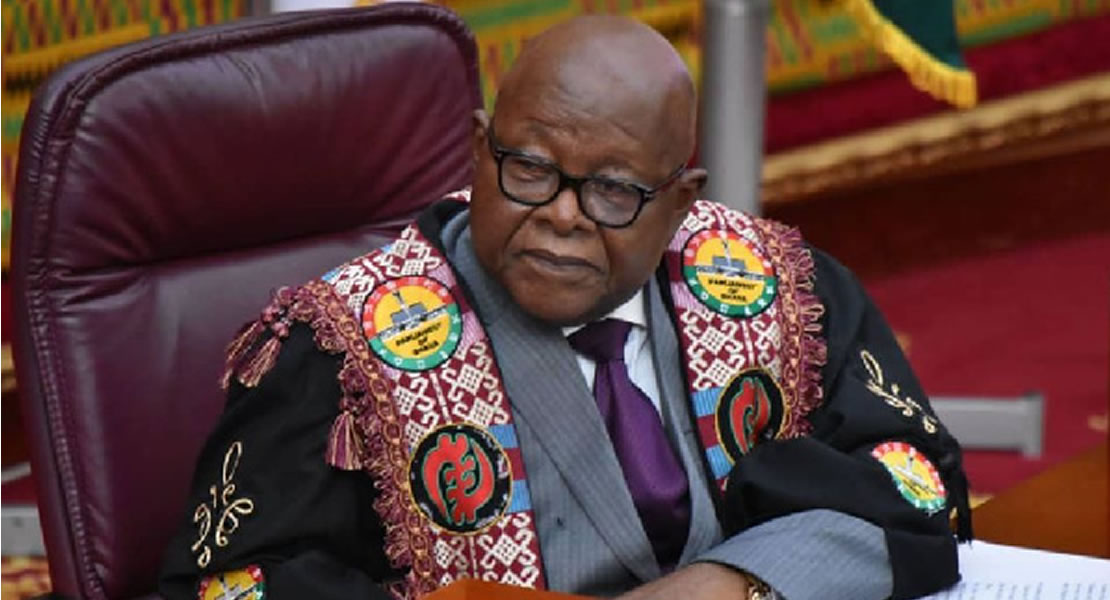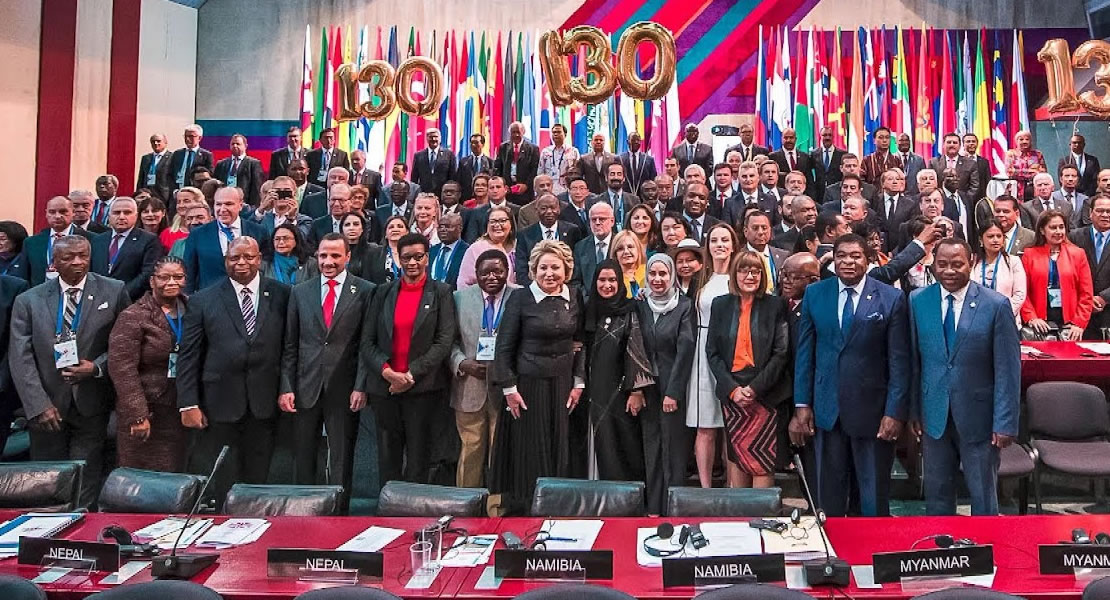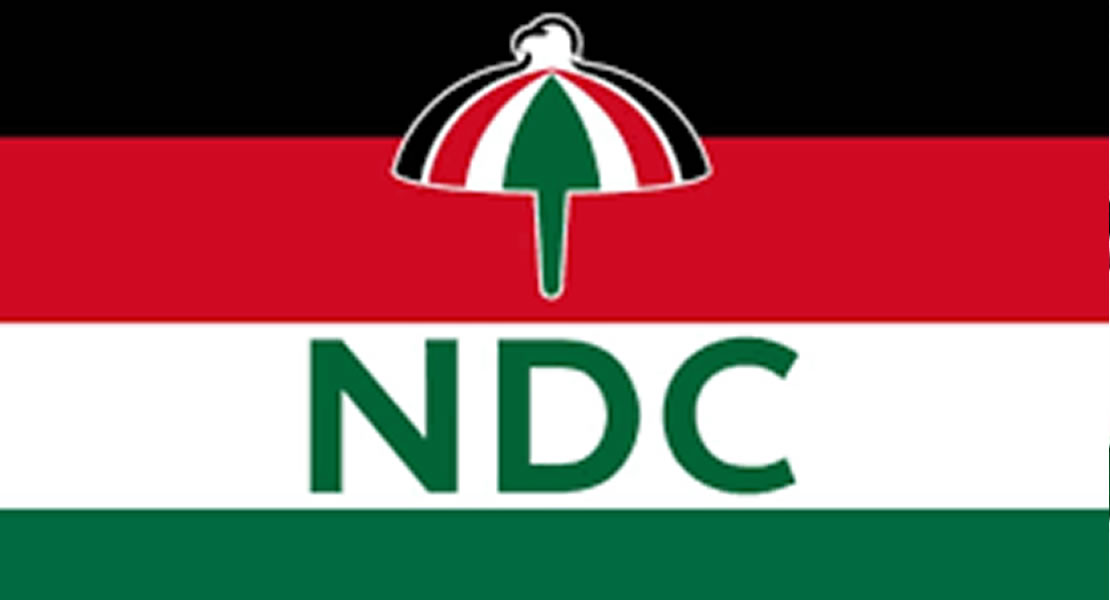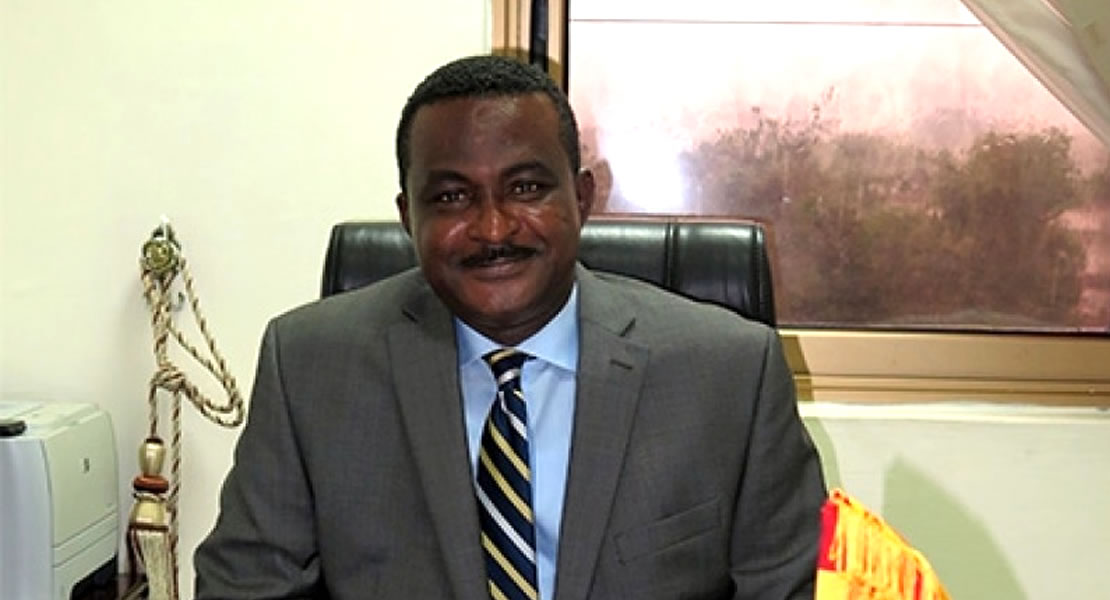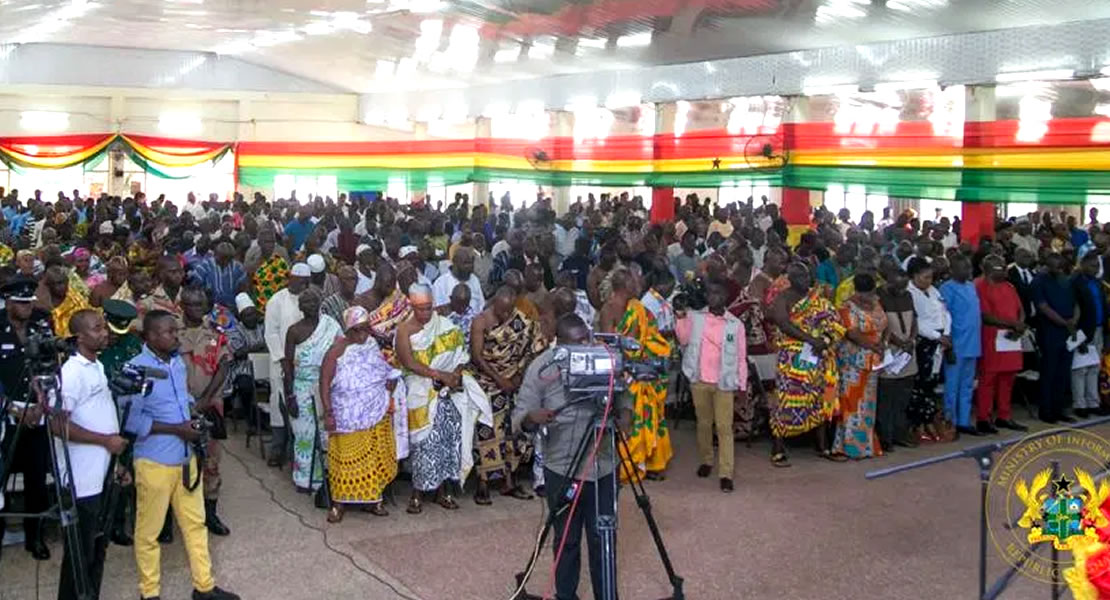Speaker of Ghana’s Parliament, Professor Aaron Michael Oquaye is lamenting over the attrition rate in Ghana’s legislature more especially when Members of Parliament are building their capacity and beginning to grasps the rudiment of legislation.
According to the Speaker, the Seventh Parliament is giving Members of Parliament the opportunity to be exposed to international best parliamentary practices.
“Some of our members just about the time they are maturing are voted out of Parliament, we should raise the standard and capacity of members and find ways and means of dealing with some of this issues. As at this time, many Parliamentarians are re-thinking their roles”.
The Speaker’s concern follows the outcome from the recent parliamentary primaries conducted by the opposition National Democratic Congress (NDC) where some experienced lawmakers and those catching up fast and most interested in legislative work lost their bid to represent their party in the 2020 Parliamentary elections.
He made this remark at the opening of a four day conference of Parliamentary Budget Officers (PBOs) network of Africa held in Accra which brought together delegates from South Africa, Kenya, Uganda, Zambia, Zimbabwe, Cambodia and Canada.
Professor Oquaye noted that Parliament should have the technical, institutional and analytical capacity to deal with things of the magnitude of budget responsibility. “If we do not have exposure to figures and real data, the Executive has more capacity in that area then Parliament would be a poor supervisor because we are not well equipped over the person we are supervising”.
And added that MPs need to sharpen themselves with the provision of equipment like computers, data system and other allied facilities, as Parliamentary Budget Offices have been established in the Parliaments of Kenya, Liberia, South Africa, and Uganda. “Ghana is now following.
“The objective is to provide advice devoid of politics for the budget process. Incidentally the budget process appears to be clouded in some secrecy, we need to unveil some of these things to enable the representatives of the people make good contributions”.
He again noted that risk assessment on international trade agreement is very important and if these international contracts come after the event are launched, the post facto analysis does not help Africa as a continent at all.
“Regrettably, many African Countries have regretted because many contracts they have entered into with international organisations, to terminate them becomes a global warfare, and to conduct fiscal analysis of government policies and budgetary policy statement especially with committees there are no Parliamentary Budget Officers (PBOs) to advice”.
And added that African Parliaments need well-trained and well-equipped accountants in Parliamentary Committees with experience in such areas to guide the process; “ignorance maybe allowed in many ways, but not when it comes to accountability, what we are doing to the African linkage should be taken seriously”.
Also, it is painful to supervise and superintend over an empty purse, which brings us to the issue of what we do in global development; we should be able to generate and preside over the expenditure, he added.
“African our resources maximization is in the interest of our people, we produce cocoa, bauxite, timber, gold and all these are control by the Western Powers, if you look at Ghana and Ivory Coast they produce seventy (70) percent of the worlds cocoa and getting about less than ten (10) percent of the worlds cocoa”, he said.
He lamented that there is a serious gap somewhere, and in the face of this, it is painful to superintend over empty pocket, “I do not think any accountant like that business; that is why how we make our money, and how the global international business affect us is very important to us, the money we generate should be spent wisely; we need a new world economic order”, he emphasised.
Kwaku Sakyi-Danso/ghanamps.com

